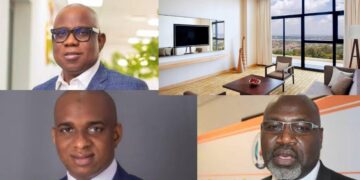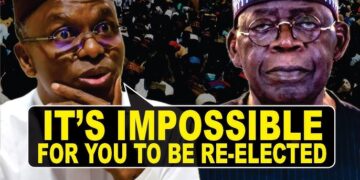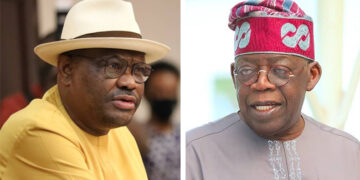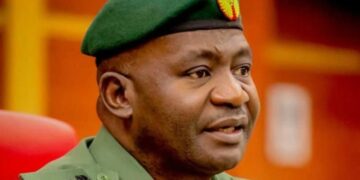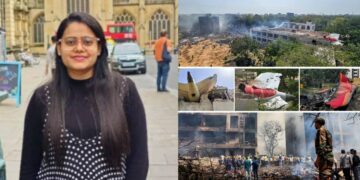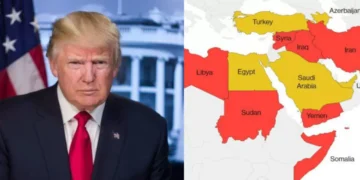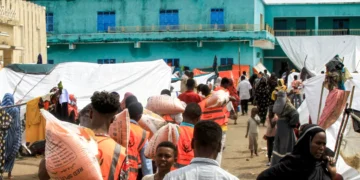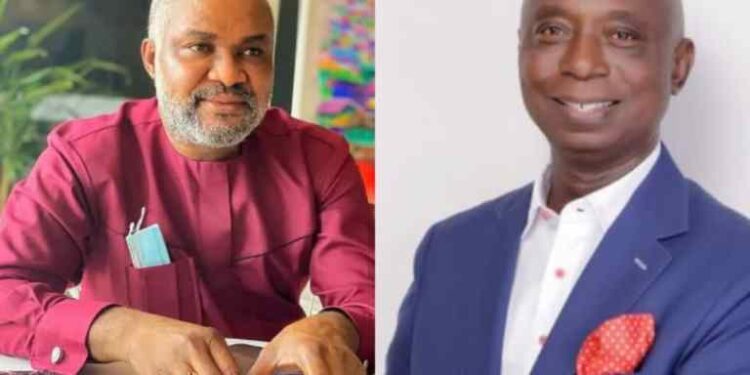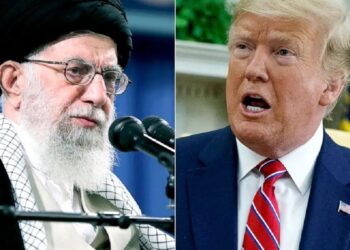WHY NDIGBO MUST UNITE FOR ANIOMA STATE NOW
By: Emmanuel N. Onwubiko
“The worst form of inequality is to try to make unequal things equal.
-Aristotle”
“I have a dream that my four little children will one day live in a nation where they will not be judged by the color of their skin, but by the content of their character.
-Martin Luther King, Jr.”
“We will never have true civilization until we have learned to recognize the rights of others.
– Will Rogers”
The quest for state creation in Nigeria has always stirred passionate debate, political calculation, and demands for fairness. Among the many agitations, the call for Anioma State stands out — not merely as a regional request, but as a moral imperative for justice, equity, and the urgent resolution of Ndigbo’s structural marginalization. The Constitution Amendment Committee of the 10th National Assembly now carries the historic responsibility of correcting an enduring imbalance in Nigeria’s federal structure by making Anioma State a reality.
Today, Ndigbo remain the most structurally shortchanged major ethnic nationality in Nigeria. While other geopolitical zones boast six or seven states, the Igbo homeland has only five. This numeric disadvantage translates to less representation in the National Assembly, fewer federal allocations, and reduced influence in national affairs. The issue is not about simple arithmetic — it is about equity, dignity, and full inclusion in Nigeria’s political equation. The creation of Anioma State would not only balance the numbers but would also restore a long-denied sense of justice for Ndigbo.
The Anioma people — Igbo-speaking communities located in Delta State — have persistently demanded recognition as a distinct state. Their struggle for Anioma State predates Nigeria’s independence and aligns with the vision of a more inclusive federation. Despite fulfilling the requirements of Section 8 of the 1999 Constitution, their legitimate demands have consistently been ignored. It is now time for the National Assembly to exercise political will and act boldly. This is not merely about Anioma — it is about restoring wholeness to the Igbo nation.
Culturally, historically, and linguistically, the Anioma people are unmistakably part of Ndigbo. Though administratively placed in the South South, their heritage, ancestry, and values firmly align with the Igbo heartland. Creating Anioma State and officially integrating it into the Igbo political family is not just a bureaucratic correction; it is a reaffirmation of identity and belonging. It would heal the wounds inflicted by colonial divisions and artificial boundaries that fractured Igbo unity.
Recent events have injected renewed vigor into this agitation. The inauguration of a 200-member technical committee in Asaba, chaired by the Asagba of Asaba, Professor Epiphany Azinge (SAN), with the Dein of Agbor and the Ezemu of Emu Kingdom as co-leaders, marks a turning point. This committee includes royal fathers, political leaders, youths, media figures, and stakeholders from across Anioma land — a clear signal that Anioma State is no longer a dream but a consolidated, people-driven movement.
Senator Ned Nwoko, representing Delta North, captured the collective optimism when he declared during the inauguration that the creation of Anioma State is a “done deal.” More importantly, this assurance has been echoed by key national leaders, including President Bola Ahmed Tinubu, Vice President Kashim Shettima, and Senate President Godswill Akpabio. But most notably, the National Chairman of the All Progressives Congress (APC), Dr. Abdullahi Umar Ganduje, at a political event in Agbor two months ago, unequivocally declared: “The creation of Anioma State is a done deal.” This endorsement from the ruling party’s highest leadership cannot be overstated — it signifies that the political stars are aligning.
In addition, Ohanaeze Ndigbo, the foremost socio-cultural umbrella of the Igbo people, has consistently acknowledged Anioma as an integral part of Ndigbo. Anioma has always had representation in Ohanaeze, and the body’s current President General, who hails from Ikwerre in Rivers State (another group with shared Igbo ancestry), reinforces the inclusive and pan-Igbo identity that Ohanaeze upholds. Ohanaeze’s support offers a strong institutional foundation for the campaign and provides the platform for all Igbo voices to unite behind this singular cause.
Some detractors argue for the creation of new states like Aba, Adada, Orlu, or Etiti within the five existing Igbo states. While these aspirations may appear noble, they fall into a flawed logic — mistaking fragmentation for progress. A parable explains it best: A man asked his chef for three pieces of meat. The chef, having only one large piece, cut it into three parts and served him. Though pleased at first, the man soon realized it was the same portion, just sliced differently. Nothing had truly changed.
Likewise, dividing existing Igbo states does not add new representation, allocation, or power. It is still five states — only rebranded. But Anioma State would add — not rearrange — a new geopolitical unit to Ndigbo, lifting the Igbo from five to six states like other zones. This is not only logical; it is essential.
Moreover, Anioma’s place in the Igbo story cannot be ignored. During the Biafran War, Anioma sons stood tall in the defense of Biafra. Major Emmanuel Ifeajuna and Colonel Mike Okwechime, among others, risked everything for the Igbo cause. The people of Anioma paid a heavy price — especially in the infamous Asaba Massacre, where thousands of unarmed males were executed by Nigerian troops in cold blood. This was the ultimate price for identifying as Igbo.
In the wake of such trauma, it is understandable that some Anioma people distanced themselves publicly from their Igbo identity — a strategy born of survival, not denial. But blood cannot lie. Culture cannot lie. Language and heritage cannot lie. Anioma is Igbo — by history, by sacrifice, by destiny.
Economically, Anioma State makes perfect sense. Asaba and Onitsha — two cities already fused in commerce and proximity — would become the twin engines of regional development. Investors from across Igbo land are already flooding Asaba, building infrastructure, and expanding trade. The Niger Bridge, rather than serve as a divider, would become a launchpad for economic integration between Anioma and the rest of Ndigbo.
Politically, the benefits are even clearer. A sixth Igbo state would mean more senators, more federal representatives, more appointments, and more leverage in shaping national policy. This would inspire hope, particularly among younger Igbos disillusioned by persistent underrepresentation. Anioma State is not a fringe demand — it is the missing piece in the Igbo political puzzle.
Ndigbo must therefore rise in one voice, collapse every sectional agitation, and channel collective energy into this achievable goal. Let this be our singular pursuit, backed solidly by Ohanaeze Ndigbo, supported by the National APC leadership, and embraced by all lovers of justice. Supporting Anioma is not a gift to Anioma — it is a reaffirmation of Igbo unity.
The Constitution Amendment Committee must act decisively and justly. The time for Anioma State is now — not later, not tomorrow. If Ndigbo are truly ready to correct the decades-long structural injustice, if we are ready to speak as one, the path is clear: Anioma State is the answer.
Let Anioma State complete the Igbo house — not just in geography, but in unity, equity, and historical truth. Let the call rise from every corner of Igbo land — for Anioma, for Ndigbo, and for Nigeria.
EMMANUEL NNADOZIE ONWUBIKO


